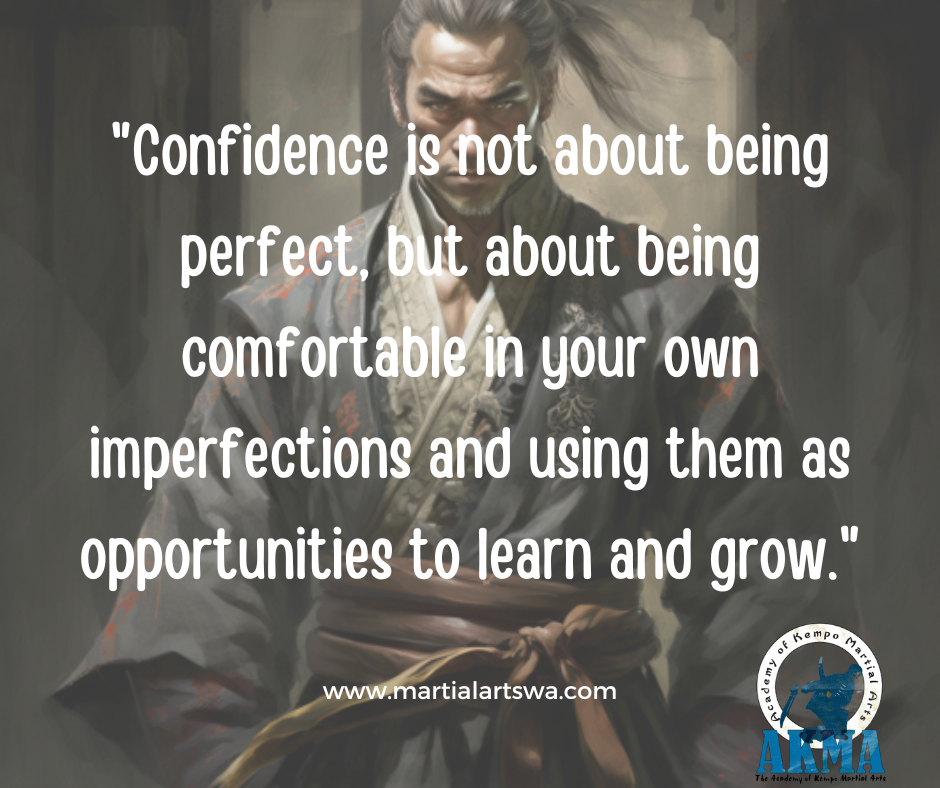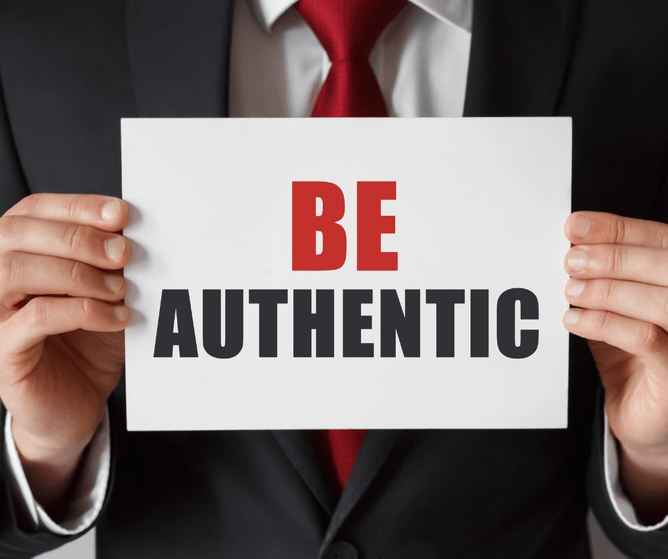Give Up Being Perfect For Being Authentic

In a world saturated with curated online personas and relentless self-improvement mantras, a counter-narrative is gaining momentum: embracing authenticity over the pursuit of unattainable perfection. This shift isn't about complacency, but about fostering genuine connection and well-being by prioritizing self-acceptance and vulnerability.
The pressure to project an image of flawlessness, fueled by social media and societal expectations, is taking a toll on mental health and hindering genuine human connection. This article explores the rising movement towards authenticity, examining its benefits, challenges, and implications for individuals and society as a whole.
The Price of Perfectionism
Studies have consistently linked perfectionism to increased rates of anxiety, depression, and eating disorders. A 2018 study published in the Review of General Psychology found a strong correlation between perfectionistic tendencies and various mental health issues, highlighting the detrimental impact of striving for unrealistic standards.
Social media platforms, designed to showcase idealized versions of reality, often exacerbate these pressures. Individuals are bombarded with images of seemingly perfect lives, leading to feelings of inadequacy and self-doubt.
Dr. Brené Brown, a renowned researcher and author on vulnerability and shame, has extensively documented the debilitating effects of perfectionism. She argues that "perfectionism is a self-destructive thought process that says if I look perfect, and do everything perfectly, I can avoid or minimize feeling pain, blame, and judgement."
The Rise of Authenticity
In contrast to the exhausting pursuit of perfection, authenticity emphasizes embracing one's true self, flaws and all. This involves acknowledging and accepting imperfections, expressing genuine emotions, and aligning actions with values.
The growing awareness of the negative consequences of perfectionism has fueled a desire for more genuine connection and self-acceptance. This is reflected in the increasing popularity of self-help resources, workshops, and communities that promote authenticity and vulnerability.
Organizations are also starting to recognize the importance of authenticity in the workplace. Studies have shown that employees who feel comfortable being themselves at work are more engaged, creative, and productive.
Benefits of Embracing Authenticity
The benefits of prioritizing authenticity are multifaceted. It can lead to improved mental health, stronger relationships, and a greater sense of purpose.
Authentic individuals are more likely to experience genuine connection with others, fostering deeper and more meaningful relationships. By showing vulnerability, they create space for others to do the same, building trust and empathy.
Furthermore, authenticity can boost self-esteem and confidence. Accepting oneself, flaws and all, frees individuals from the constant need for external validation, leading to a more secure and grounded sense of self.
Challenges and Considerations
While embracing authenticity is generally beneficial, it's important to acknowledge potential challenges and considerations. Authenticity should not be confused with a lack of self-awareness or disregard for social norms.
It requires careful navigation and discernment to ensure that one's actions are aligned with both personal values and the needs of others. Oversharing or expressing emotions inappropriately can damage relationships and create conflict.
Furthermore, the concept of authenticity can be subjective and culturally influenced. What is considered authentic in one context may not be in another. Therefore, it's essential to be mindful of cultural norms and expectations when expressing oneself.
Moving Forward: A Call for Self-Acceptance
The shift from perfectionism to authenticity represents a fundamental change in how we view ourselves and our relationships with others. It's a call for self-acceptance, vulnerability, and genuine connection.
Embracing authenticity is not about abandoning all standards or striving for mediocrity. Rather, it's about setting realistic expectations, celebrating progress, and recognizing that imperfections are an inherent part of the human experience.
By prioritizing authenticity over perfection, individuals can cultivate greater well-being, build stronger relationships, and create a more compassionate and understanding world.
Dr. Brené Brown aptly stated, "Authenticity is a collection of choices that we make every day. It's about the choice to show up and be real. The choice to be honest. The choice to let our true selves be seen."




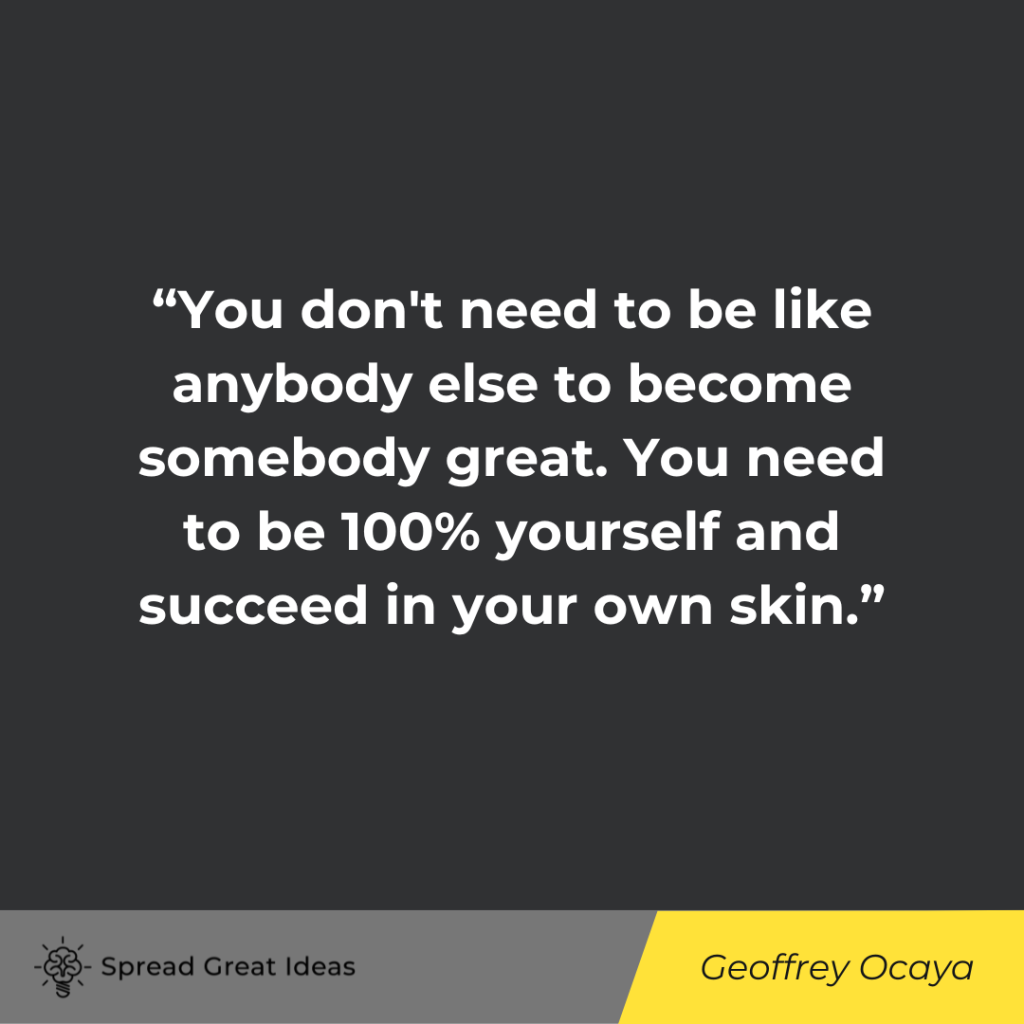
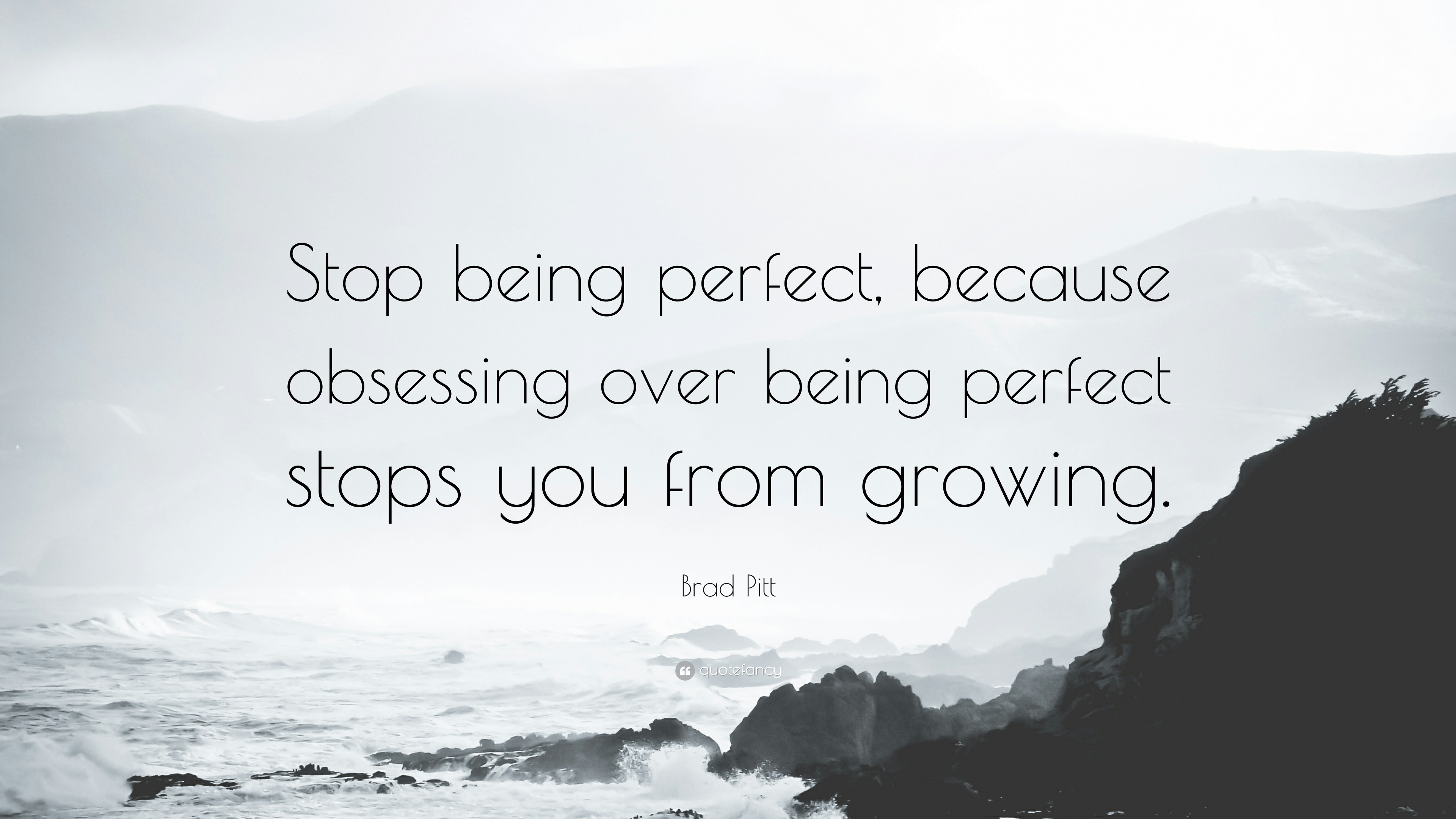
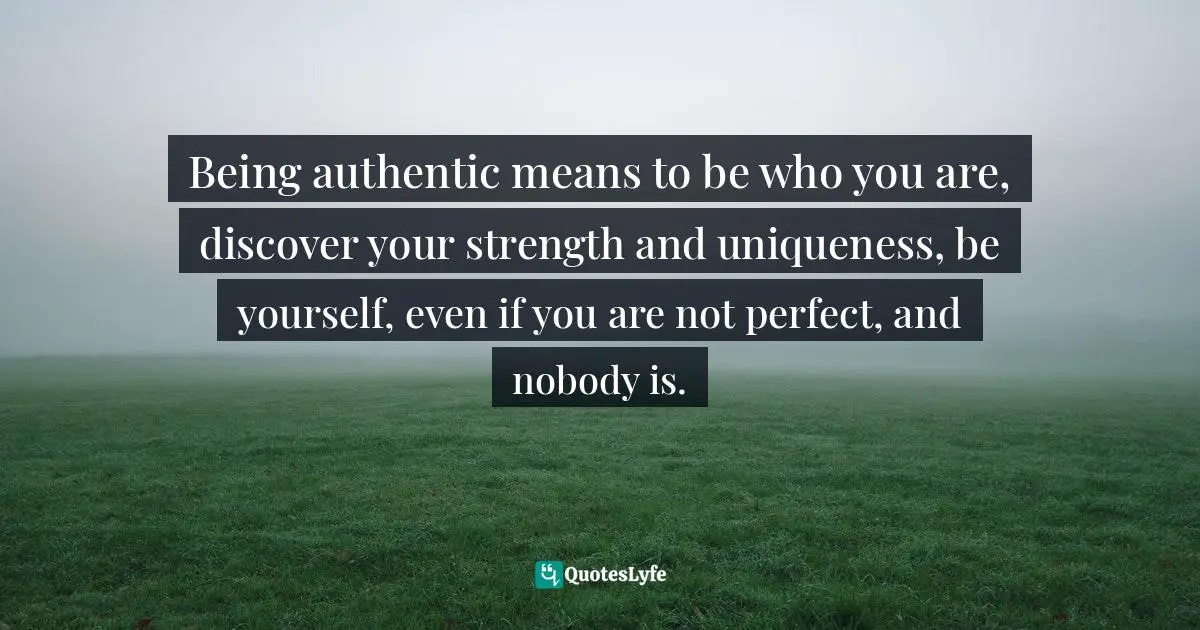


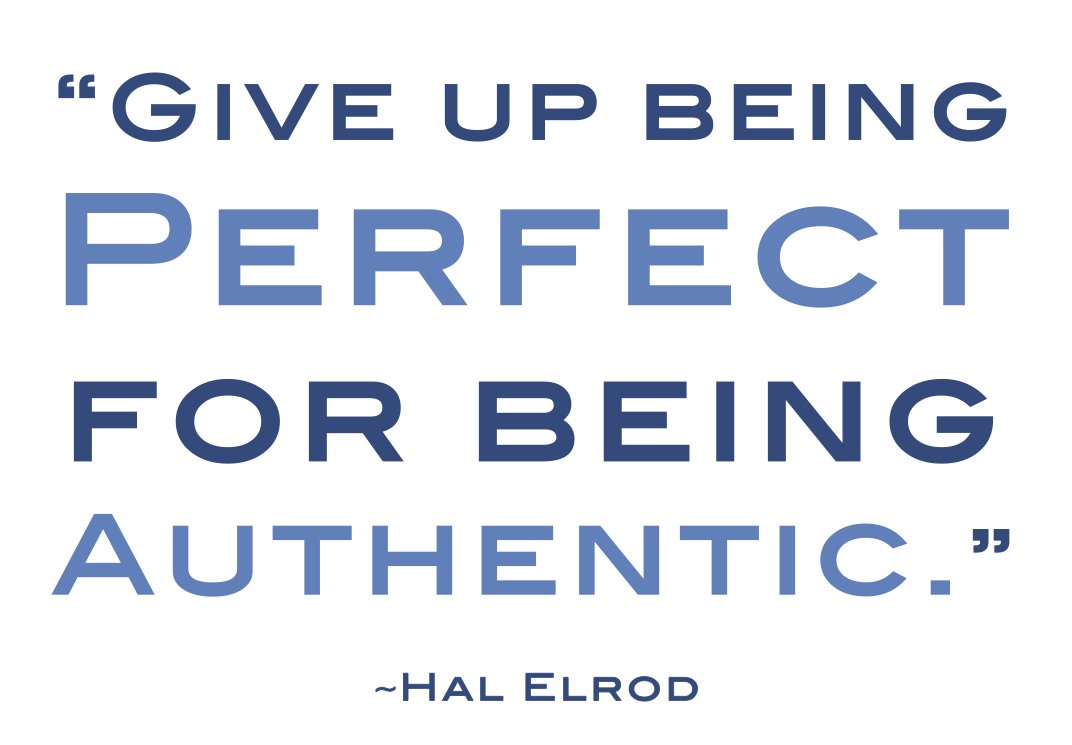
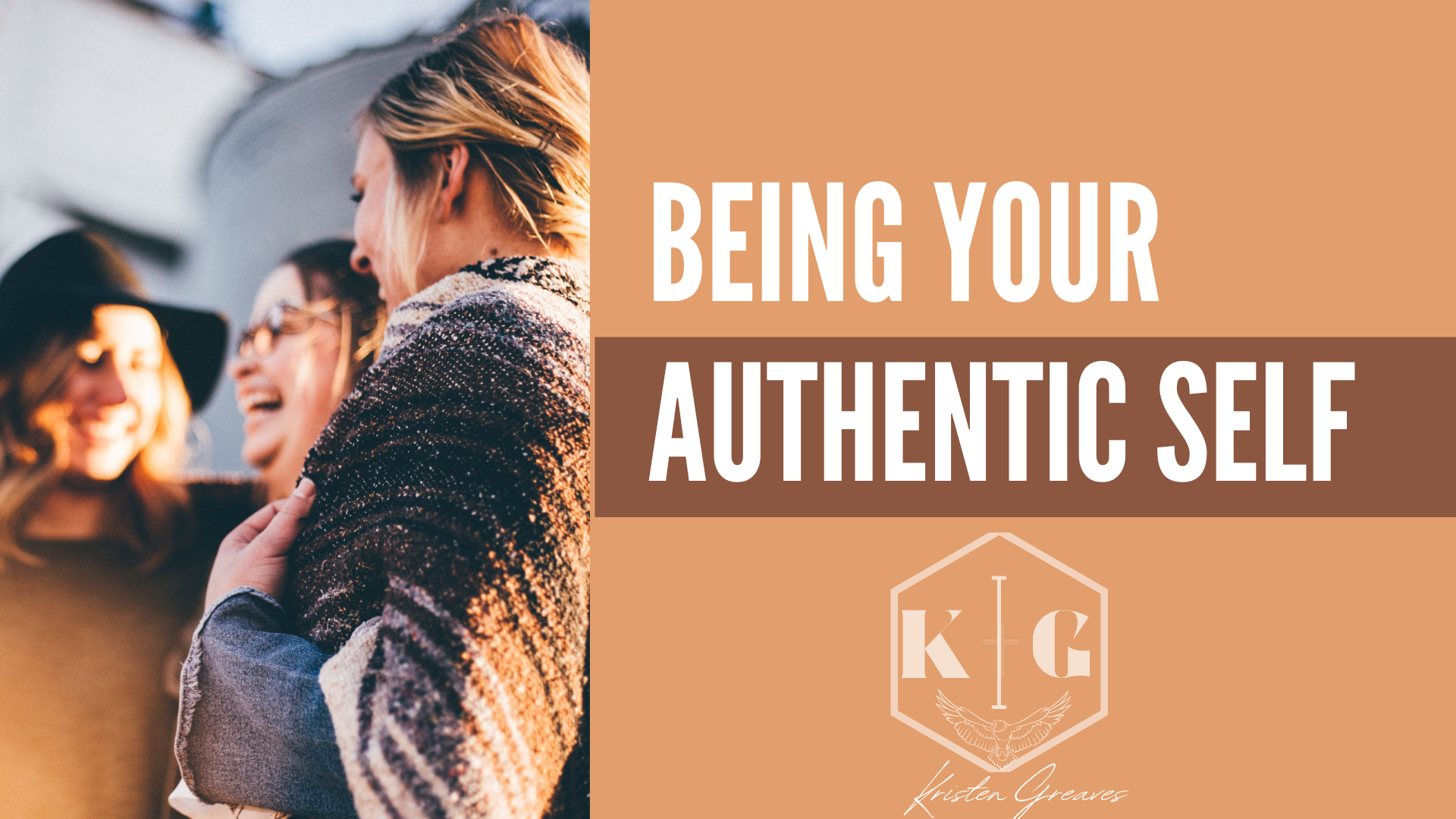.png)





